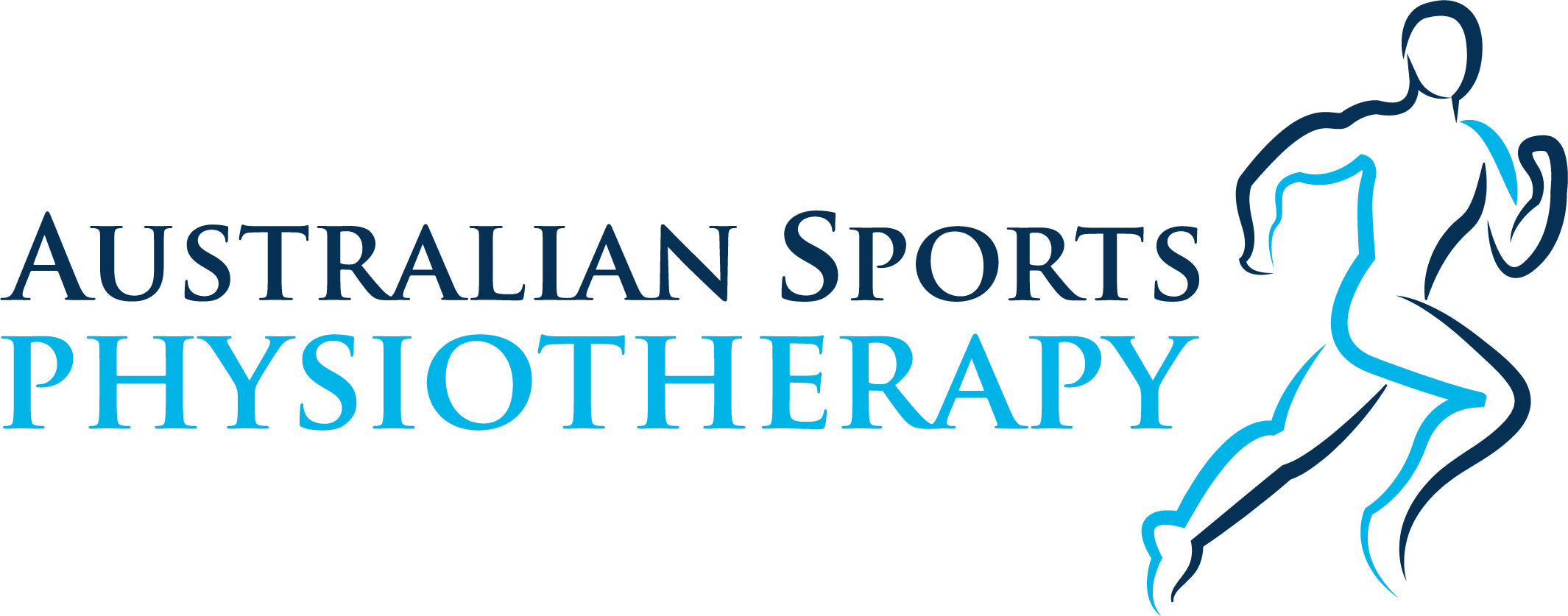Having an elbow fracture can be a very frustrating experience. Not only is the healing process long and slow, but you may also find that you are unable to do many of the things you used to enjoy.
You’ll be happy to know that there is a lot you can do to help speed up your recovery. Physiotherapy treatment is a great way to restore movement and strength to your elbow.
Fortunately, physiotherapy can also help speed up the healing process and get you back to your old self in no time!
What is an elbow fracture?
An elbow fracture can be a bone crack, a bone chip, or a more severe splitting of the bone. The elbow is a hinge joint where the upper arm bone (humerus) meets the lower arm bone (radius and ulna). The olecranon process refers to the bony end of the ulna. This is the bone you feel when resting your elbow on a table. Ligaments on the inside and outside of your arm connect the bones of your elbow.
Trauma to your arm near your elbow is the most common cause of an elbow fracture. This can occur following a fall on your elbow or outstretched arm, as well as during a car or sporting accident.
These injuries are usually unexpected. A direct blow to the elbow can fracture one of the following bones:
- The radial head: This is located on top of the smaller forearm bone.
- The distal humerus: Found at the bottom of the upper arm bone.
- The olecranon, or ball of the elbow joint
Fractures and other severe elbow joint injuries can cause damage to nearby nerve or blood vessels and other structures, resulting in chronic pain or permanent injury. Elbow fractures in children can impair arm bone growth.
Compound fractures and dislocations are possible as well. A fracture with dislocation is particularly troublesome, resulting in long-term pain and stiffness. Furthermore, many people will experience ossification (excessive bone growth), as well as joint impairment.

The 3 types of elbow fractures
Type one
This fracture is a “nondisplaced” fracture in which the bone has broken but remains in its normal position.
Type two
A type two fracture occurs when a bone fragment is shifted from its normal position.
Type three
Type three fractures are the most serious, with multiple bone breaks.
Type one and two fractures are usually treated without surgery, whereas type three fractures are typically treated with surgery. Fractures can take 2 to 8 weeks or more to heal, depending on their severity and the individual’s overall health.
All elbow fractures, including those requiring surgery, can however benefit from physiotherapy.
Elbow fracture diagnosis
Your healthcare provider will treat your elbow fracture after it has been assessed and diagnosed. During this procedure, your elbow bones are placed in the proper position for optimal healing.
If the fracture is severe, your doctor may advise you to have an open reduction internal fixation (ORIF). The bones are manually realigned during this surgical procedure. Screws, plates, or wires are used to secure the bones.
You may need to wear a brace or a sling after your elbow fracture has been reduced. An elbow fracture will occasionally be cast. However, most people tend to avoid immobilising an elbow fracture post surgical fixation due to the possibility of extreme stiffness and irreversible loss of mobility.
Keeping your elbow from becoming too stiff or weak while it heals is critical. This is why you should consult with a physiotherapist as soon as possible, even if you are still wearing a brace or sling.
Seeking physiotherapy treatment to help regain joint movement and strength is critical for a speedy recovery.
Physiotherapy treatment for an elbow fracture
Your physiotherapist will work with you to help you regain normal elbow and arm function. We may use a variety of physiotherapy treatments and modalities to help you return to regular activity as soon as possible.
Physiotherapy management for an elbow fracture entails the following:
- Elbow pain management
- Improving range of movement
- Strength exercises
- Scar tissue management
- Ongoing support and education until fully recovered
Final thoughts on Physiotherapy Management for an Elbow Fracture
An elbow fracture is a common injury that can occur from falls or sporting activities.
An elbow fracture can cause loss of mobility if not adequately treated. This is why it is critical to begin working with a physiotherapist as soon as possible. Your physiotherapist will be able to teach you the proper exercises to help you strengthen your elbow and shoulder and regain normal arm function.
Our experienced physiotherapists at Australian Sports Physiotherapy can provide you with the appropriate exercises and advice to ensure a successful recovery.
Book an appointment with one of our experienced physiotherapists today for a comprehensive assessment and customised treatment plan for your elbow fracture.










